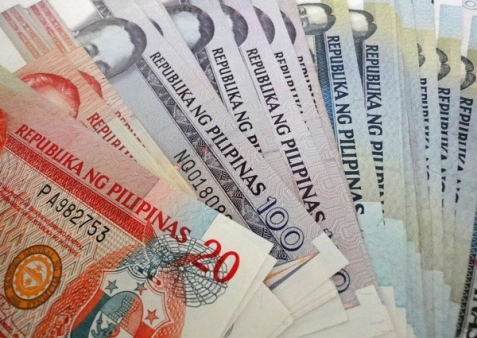
Philippine banks to remain stable on improving domestic economy
The core Tier 1 capital adequacy ratio rose to an average 12% at end-2010, while the average loans/deposits ratio was stable at about 60%.
In a release, Fitch Ratings says that the favourable economic environment may continue to mask structural issues on the banks' balance sheets, including low coverage on foreclosed properties and deferred charges, and the operational challenges of an emerging market such as the Philippines.
Fitch forecasts the Philippines' GDP to expand 5%-6% in 2011/2012, comparable with its 2006-2010 average of 4.9%. With a satisfactory economic backdrop, the agency expects banks' lending and fee-based activities to expand in 2011, although treasury gains may ease amid rising interest rates. Moreover, asset quality should stay intact as large domestic corporates, which account for the majority of bank loans, should be able to cope with higher prices and funding costs in view of their modest leverage.
Fitch expects its rated Philippine banks to maintain satisfactory capitalisation and liquid balance sheets. The core Tier 1 capital adequacy ratio (CAR, excluding hybrids and preference shares) rose to an average 12% at end-2010 (end-2009: 11%), due to fresh equity raised by a few major domestic banks, while the average loans/deposits ratio was stable at about 60%.
In Fitch's view, capital and liquidity buffers are crucial in helping banks preserve their credit profiles in the event of a renewed global downturn, given the fragile economic recovery globally. Provisioning risks in a difficult environment may be significant, particularly for some low-rated banks, due to their concentrated loan books and foreclosed properties with low reserves (with 11% coverage on average at end-2010). Two rated banks also have deferred charges, which are a form of regulatory forbearance and represent the unamortised balance of disposal losses. Considerably lower provisioning risk may be positive for some banks' ratings, although meaningful improvements are only likely over a longer period, in the agency's view.
Conversely, faster-than-expected deterioration in asset quality that threatens solvency may lead to downward rating pressures, although Fitch believes this to be a remote prospect. All the rated Philippine banks have weathered the global economic turmoil in 2008/2009 rather well, with credit costs easily covered by earnings and capital intact. Moreover, the agency's stress test reveals that the impact of "stressed" write-downs on core capital to be modest, with core Tier 1 CAR only slightly lower at about 11% on average.






















 Advertise
Advertise








